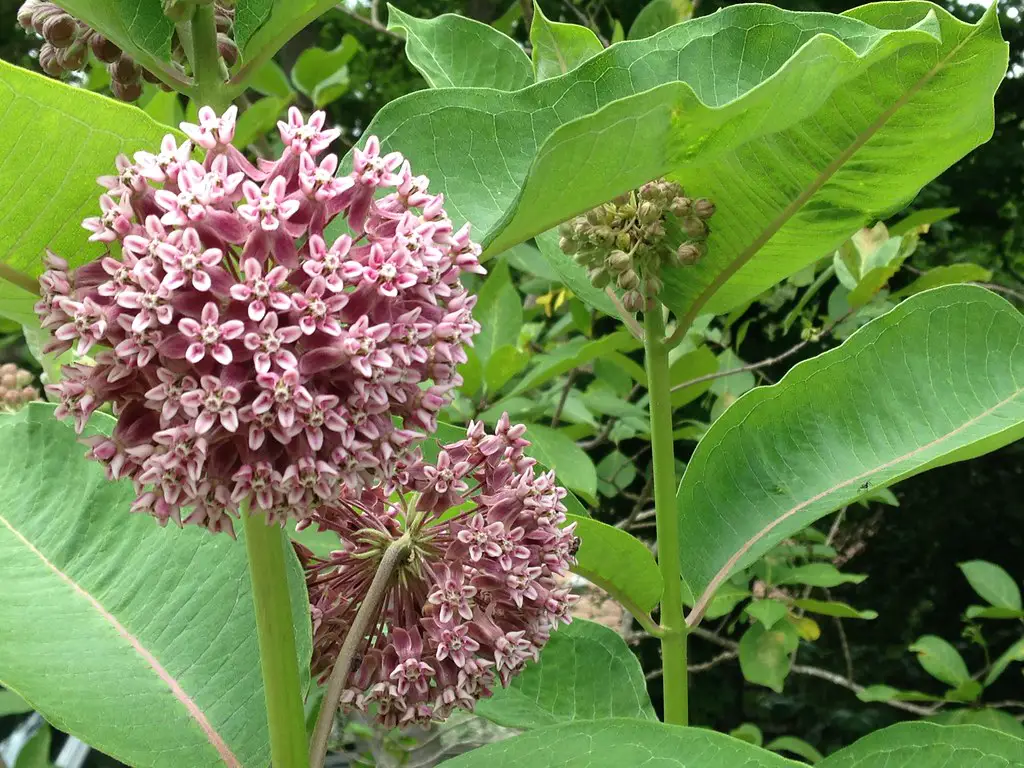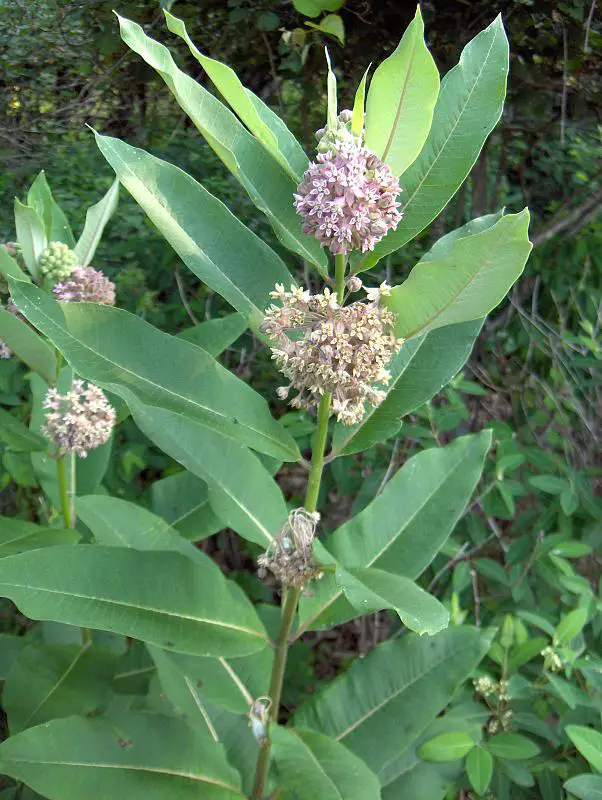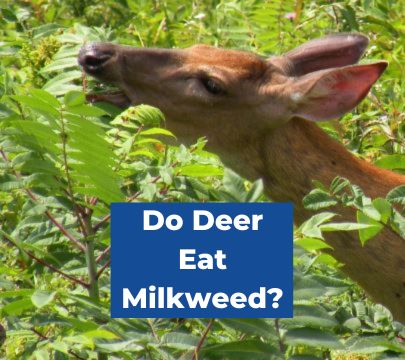When it comes to the question of whether deer eat milkweed, the answer is yes – but they only eat the leaves. Milkweed is a plant that is known for its sticky, milky sap, which can be harmful to deer if consumed in large amounts. However, the leaves of the milkweed plant are a different story. While they do contain some toxins, they are not enough to harm deer unless consumed in very large quantities.
Deer are known to have a varied diet, and milkweed is just one of the many plants that they consume. While they may not be the first choice for deer, the leaves of milkweed are a good source of nutrition, containing vitamins and minerals that are beneficial for the animals. In fact, some studies have shown that deer may even seek out milkweed in times of food scarcity.
What Is Milkweed?

Milkweed is a herbaceous perennial plant that belongs to the family Asclepiadaceae. It is native to North America and can be found in a variety of habitats, including meadows, fields, and along roadsides. The plant is well-known for its milky sap, which contains chemicals that can be toxic to some animals.
Milkweed plants can grow up to six feet tall and produce clusters of small, fragrant flowers that are typically pink, purple, or white in color. These flowers are an important source of nectar for a variety of pollinators, including bees, butterflies, and hummingbirds.
The leaves of the milkweed plant are large and broad, and they are arranged in an alternating pattern along the stem. The leaves are typically green in color and have a slightly fuzzy texture. They are also an important food source for monarch butterfly caterpillars, which feed exclusively on milkweed leaves.
Overall, milkweed is an important plant for both wildlife and the environment. It provides food and habitat for a variety of insects and animals, and it also helps to prevent soil erosion and improve soil health.
Is Milkweed Deer Resistant?

Milkweed is a type of plant that is known to be poisonous to many animals, but deer have been known to eat it occasionally. While deer do eat milkweed, they tend to only eat the leaves and leave the rest of the plant alone.
Why Do Deer Only Eat Milkweed Leaves?
Deer are known to be selective eaters, and they tend to avoid plants that are poisonous or have a strong odor. While milkweed is poisonous to many animals, it does not seem to have the same effect on deer. However, deer tend to only eat the leaves of the milkweed plant and avoid the rest of the plant.
Why Deer Eat Milkweed
There are a few reasons why deer might eat milkweed. One reason is that milkweed is a good source of nutrition for deer. The leaves of the milkweed plant are high in protein, which is an important nutrient for deer.
\Another reason why deer might eat milkweed is that they are attracted to the scent of the plant. Milkweed has a sweet, floral scent that can be very appealing to deer.
How To Protect Milkweed From Deer
There are a few things to keep in mind when you’re protecting milkweed from deer: their habits, your scent, repellent options, and when you plant it.
Deer will eat nearly anything if they’re hungry enough, so your main goal is making your garden as least inviting to deer as possible.
Check out our guide on how to keep deer from eating plants where we cover 25 quick and easy tips for keeping hungry deer out of your garden.
Will Milkweed Grow Back After Being Eaten By Deer?
Deer are known to eat the leaves of milkweed plants, but they typically do not eat the entire plant. This means that milkweed plants have a good chance of regrowing after being eaten by deer.
Most milkweed plants will recover and regrow their foliage once the leaves have been eaten.
This is because deer typically do not eat the roots of the plant, which allows the plant to regrow new foliage.
It is important to note that the regrowth of milkweed plants after being eaten by deer may depend on the severity of the damage. If the plant has been severely damaged or eaten down to the stem, it may not regrow as quickly or as fully as a plant that has only had a few leaves eaten.
When a common milkweed stem is cut off near ground level, a new shoot will typically appear from the roots in about two weeks.

